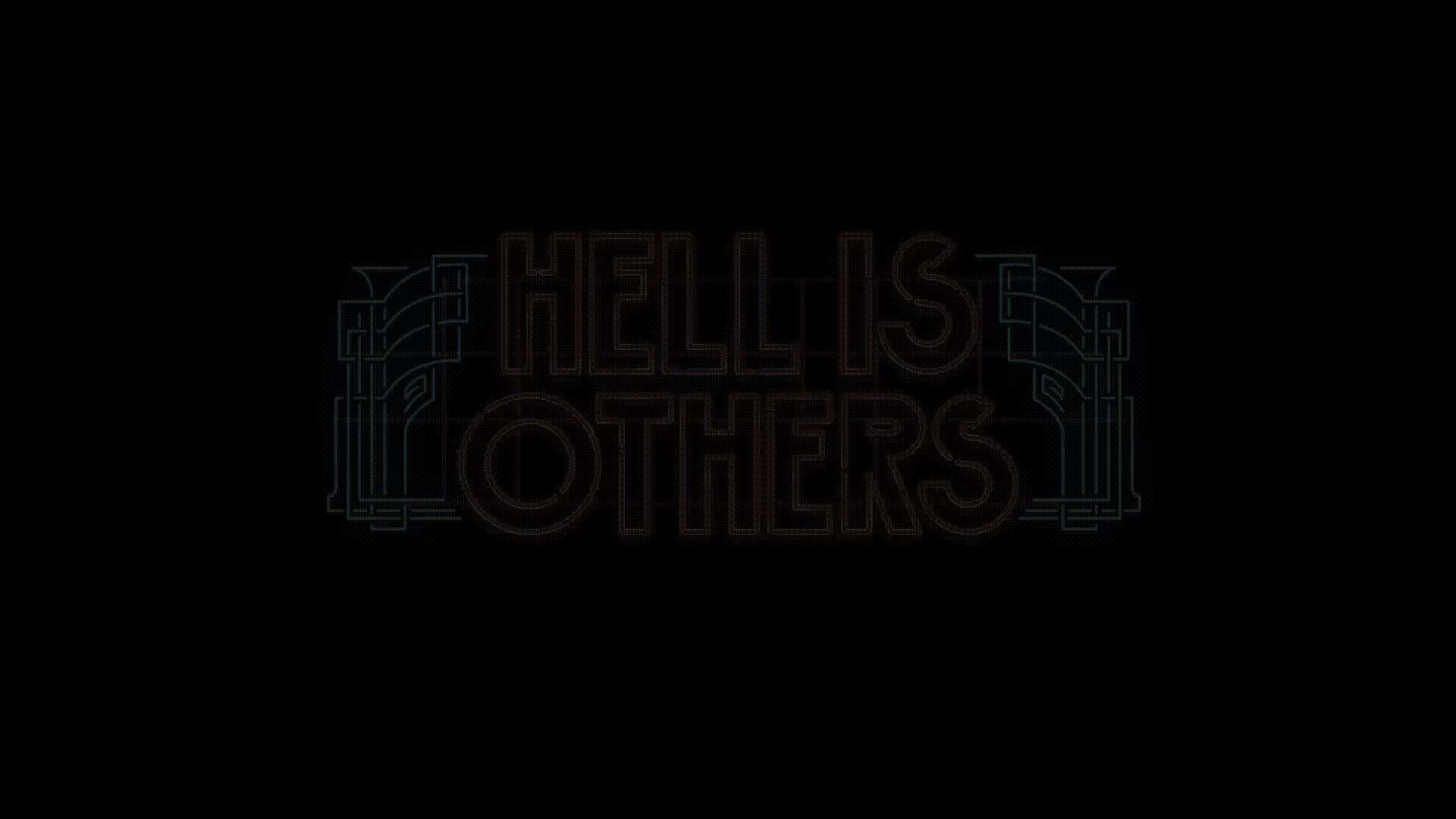Hell is Others, a new online multiplayer release by A List Games and Italy-based game studios Strelka Games and Yonder, represents a shift in brand storytelling focusing on the mechanics of user engagement through the eyes of the consumer.
Hell Is Others Is A 2D PvP Multiplayer Game For The Bingeable Content Era
Released on Oct. 20 on Steam™, Hell is Others offers players 60 hours of storytelling—that’s longer than The Legend of Zelda: Breath of the Wild and the notoriously challenging Dark Souls. The game, which is a player-versus-player (PvP) shooter adventure, seems tailor-made for the “Stranger Things” and “Severance” era, as the most fantastical elements of the story are somehow relatable not simply because of character development, but because the themes—centering on an uncertain yet all-consuming work experience that seems to never end—are all too familiar. Despite its length, the storytelling is taut, engaging and addictive, with a balance between horror and character development that makes it feel less like lore and more like a string of can’t-miss episodes.
Like The Legend of Zelda, Hell is Others presents a story with a traditional hero’s journey at its core, but that journey has been translated into a multi-layered allegory of modernity à la Charlie Chaplin’s “Modern Times.” There is a main character bearing a name suspiciously similar to that of Adam Smith, considered the founding father of modern capitalism, and of course, the title Hell is Others appears to be a sly nod to existentialist Jean-Paul Sartre’s play “No Exit,” about hell as an existence trapped in an endless cycle of repetition, forced into a cramped space with others unable to exit.
In the game, users play as Adam Smithson, a character isolated in a cramped apartment who must descend into the city to scavenge for resources to feed his sole charge, a plant that lives on blood and produces an unusual fruit—bullets that fit more than 50 weapons. In Century City, where Adam Smithson lives, blood is currency, fuel and sustenance, and in the fight for blood, Smithson engages with other players and fights monsters who seek to destroy him or steal the blood and weapons that he and his plant need to survive.
“Hell is Others is a passion project for many of us,” said Strelka Games CEO Pietro De Grandi. “Each monster was handcrafted, each moment of the story was written to create a deep and intense emotional reaction, and each pixel was lovingly placed to create the world for our audience.”
The game is unique for other reasons beyond its dystopian semiotics; its marketing campaign focused on user experience from the consumer’s point of view with a strategy focused on TikTok.
A Brand Storytelling Shift: From The “Voice Of The Customer” To The “Eye Of The Consumer”
Brands often say they incorporate the “voice of the customer” (VoC) in developing new products and directing long-term marketing strategies. In the world of gaming, a subtle shift has occurred toward marketing games not just as continuing or nascent franchises but as experiences. That means translating VoC into the language of experience—what fans want to see and feel when they play a game. Hell is Others took this a step further and used TikTok as a vehicle to promote ‘Let’s Plays’ that focused on the mechanics of user engagement—what the game felt like and why those experiences were unique and binge-worthy.
“We managed to exploit many small game mechanics that are interesting and attention-grabbing, such as watering plants with blood and displaying the heartbeat of other players, said De Grandi. “We really leaned in hard on the surreal nature of Hell is Others. The juxtaposition of a crazy monster and upbeat music tends to do well with our audience. Further, the game is littered with pop-culture references, which we try to highlight in many of our videos.”
The Hell is Others TikTok page, which currently has over 1.8 million likes, has gameplay videos with as many as 3.2 million views.
According to De Grandi, TikTok was a perfect channel to showcase the game’s storytelling and the physics of gameplay.
“Unlike other, more curated campaigns and channels, TikTok is very organic,” De Grandi said. “More strongly branded content that may work on YouTube fails on TikTok. So, we really have to speak with the voice of our consumer.” The game, produced by Strelka Games and Yonder, was released by A List Games, a live-service game publisher.


